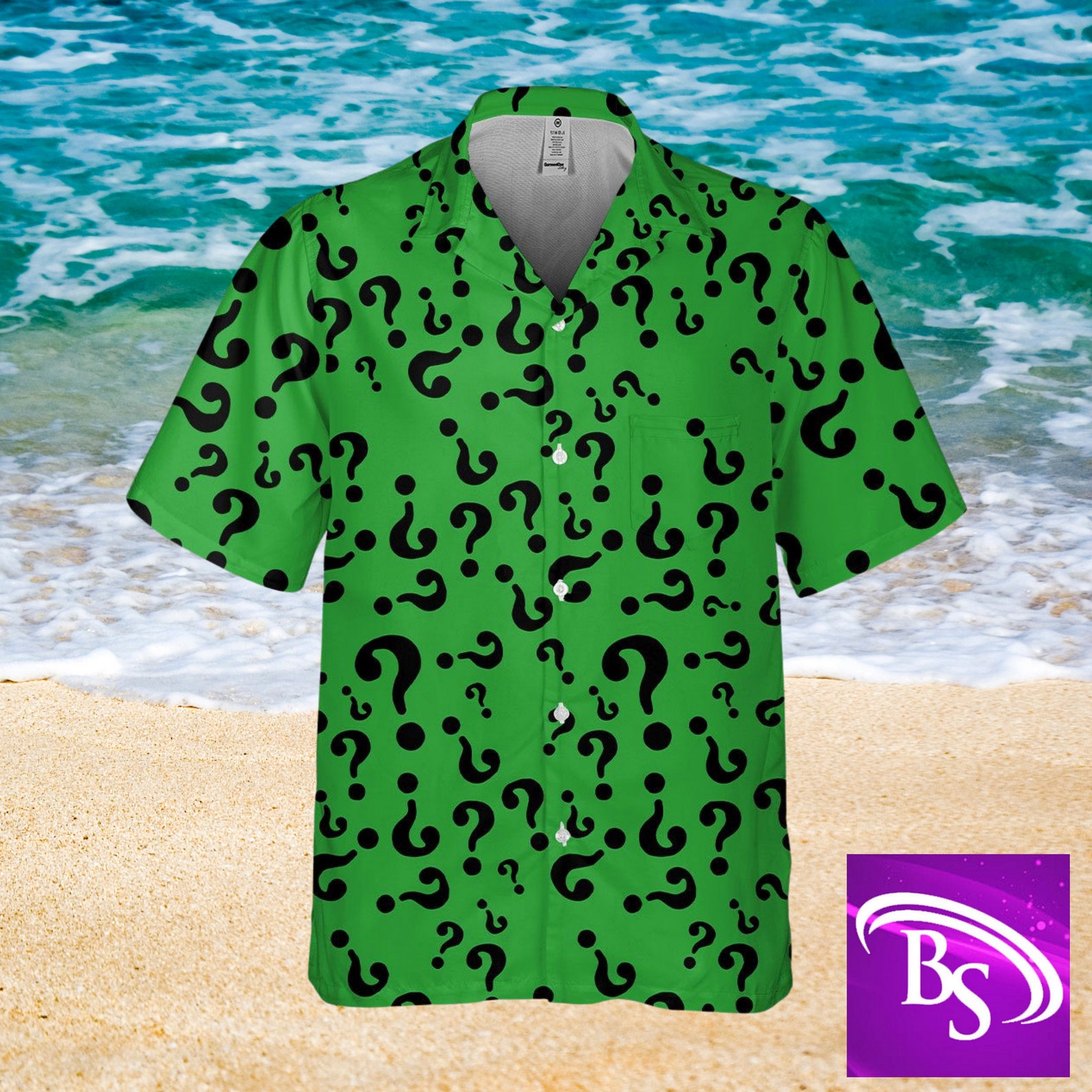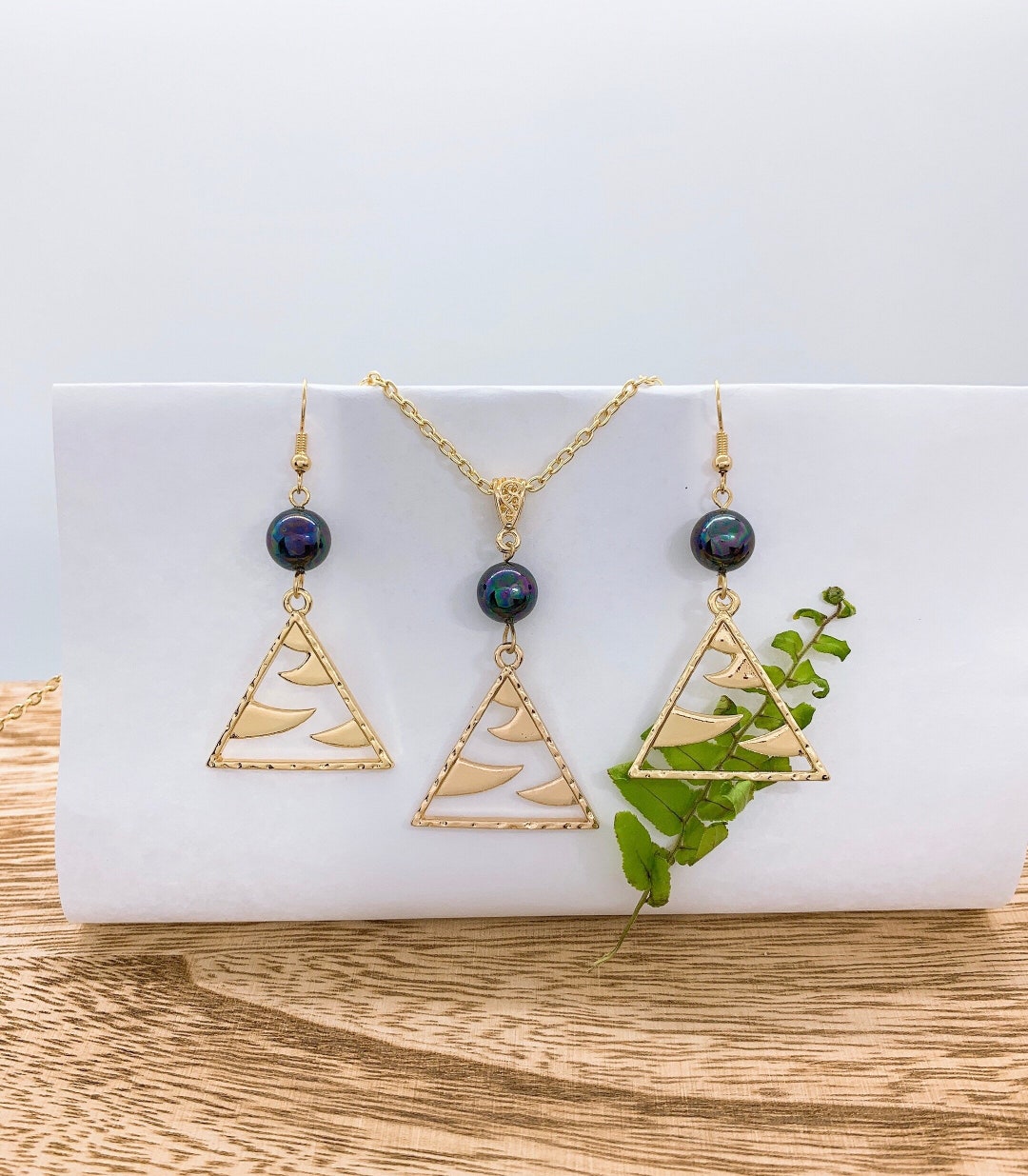In the annals of human artistry, few creations rival the exquisite beauty and cultural significance of Hawaiian feather cloaks. These garments, meticulously crafted from thousands of vibrant feathers, embody the rich history and traditions of the indigenous people of Hawai’i.
For centuries, Hawaiian feather cloaks adorned the bodies of chiefs and royalty, symbolizing power, status, and divine protection. Their disappearance during the 19th century left a void in the cultural fabric of Hawai’i.
Today, the few remaining feather cloaks are treasured as priceless artifacts, offering a glimpse into a bygone era. They are a testament to the ingenuity, craftsmanship, and deep connection between the Hawaiian people and their natural environment.
Hawaiian feather cloaks are woven from the feathers of native birds, such as the ‘i’iwi, ‘o’o, mamo, and ‘apapane. Each cloak required thousands of feathers, making their creation a labor-intensive and time-consuming process. The feathers were carefully plucked, sorted, and attached to a backing of bark cloth or netting using a technique called “olona lashing.”

Weaving the Threads of Filipino Heritage | Tatler Asia – Source www.tatlerasia.com
The resulting cloaks were not only visually stunning but also imbued with deep cultural and spiritual significance. They were worn by chiefs and royalty during ceremonies, rituals, and special occasions. The cloaks were believed to embody the mana (spiritual power) of the birds whose feathers they contained, providing protection and good fortune to their wearers.

The Ahuula, a Hawaiian feather cloak. The Steen Bille Cape. in 2020 – Source www.pinterest.com
The origins of Hawaiian feather cloaks are shrouded in myth and legend. According to one tale, the goddess Pele created the first feather cloak for her sister Hi’iaka as a gift. Other legends attribute the creation of feather cloaks to the demigod Maui, who is said to have used his magical hook to catch the birds whose feathers were used in the cloaks.

‘Aha ‘Ula Collection — Hawaiian Legacy Polynesian Art, Polynesian – Source www.pinterest.com
Whatever their origins, Hawaiian feather cloaks became a symbol of status and power in ancient Hawai’i. They were worn by chiefs and royalty to display their wealth and authority. The finest cloaks were often reserved for the highest-ranking individuals, such as the king and queen.

Riddler Enigma Hawaiian Aloha shirt Horror Hawaiian | Etsy – Source www.etsy.com
In addition to their beauty and cultural significance, Hawaiian feather cloaks also served a practical purpose. The feathers provided insulation, making them ideal for the cooler climate of the Hawaiian Islands. The cloaks were also worn as a form of protection against the elements, such as rain and wind.

A Feathered Cape (‘ahu ‘ula), Hawaiian Islands, 18th century – Source www.sothebys.com
The hidden secret of Hawaiian feather cloaks lies in their ability to absorb and reflect light. This gives the cloaks a shimmering, iridescent quality that is truly mesmerizing. The effect is especially noticeable when the cloaks are moved or worn in the sunlight.

Hawaiian ahu ula feather Cloaks Design With Shell Pearls – Etsy – Source www.etsy.com
If you are fortunate enough to see a Hawaiian feather cloak in person, there are a few things you can do to enhance your experience:
- Take your time to admire the cloak’s beauty. Notice the intricate patterns and the vibrant colors of the feathers.
- If possible, ask a knowledgeable person about the cloak’s history and significance.
- Respect the cloak’s cultural importance. Do not touch or handle the cloak without permission.



